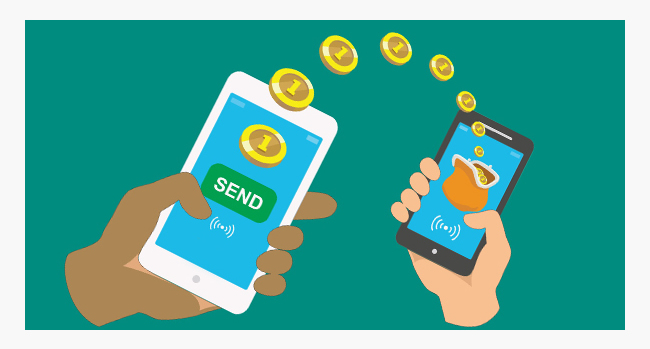According to the Communications Authority of Kenya’s (CA) data, mobile commerce transactions increased by 64 percent to Sh1.1 trillion in the second quarter of 2017/18 from Sh714 billion in the previous quarter, allowing the value of mobile commerce transactions to pass the Sh1 trillion mark for the first time.
This is despite the number of mobile commerce transactions dropping to 308 million from 352 million the previous quarter. For instance, the number of transactions on Safaricom’s Lipa na M-Pesa option dropped while the value of transactions almost increased two-fold.
In the three months to December 2017, peer-to-peer transactions increased by more than Sh52 billion. Most of the transactions were carried out on M-Pesa and Equity Bank’s Equitel, making them the top two mobile money platforms by volume and value.
“A total of 607.4 million mobile money transfer transactions valued at Ksh1.763 trillion ($17.63 billion) were carried,” said the CA report.
In 2017, Safaricom reduced by half the fees charged when selling goods via Lipa na M-Pesa in order to boost the number of merchants using the service.
The telecom also expanded its M-Pesa Kadogo tariff service under which the firm eradicated the fees for all transactions below Sh100.
On the other hand, Equity Bank has engaged more than 30,000 merchants to accept retail payments through Equitel. In 2015, the bank started by signing up merchants to Eazzy Pay Till to receive mobile payments from all mobile money platforms such as M-Pesa and Airtel Money, enabling faster growth in registering merchants compared to Lipa na M-Pesa.
Safaricom introduced Lipa na M-Pesa in 2013 and has more than 50,000 active merchants such as hotels, supermarkets, and fuel stations.
Mobile money services are being used more for retail payments because of the increased convenience, reduced cost, and the improved speed and safety they offer.
Other mobile money services in Kenya include Lipa Sasa Na MobiKash and Tangaza Pesa which is piloting MyDuka.




